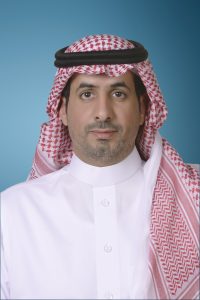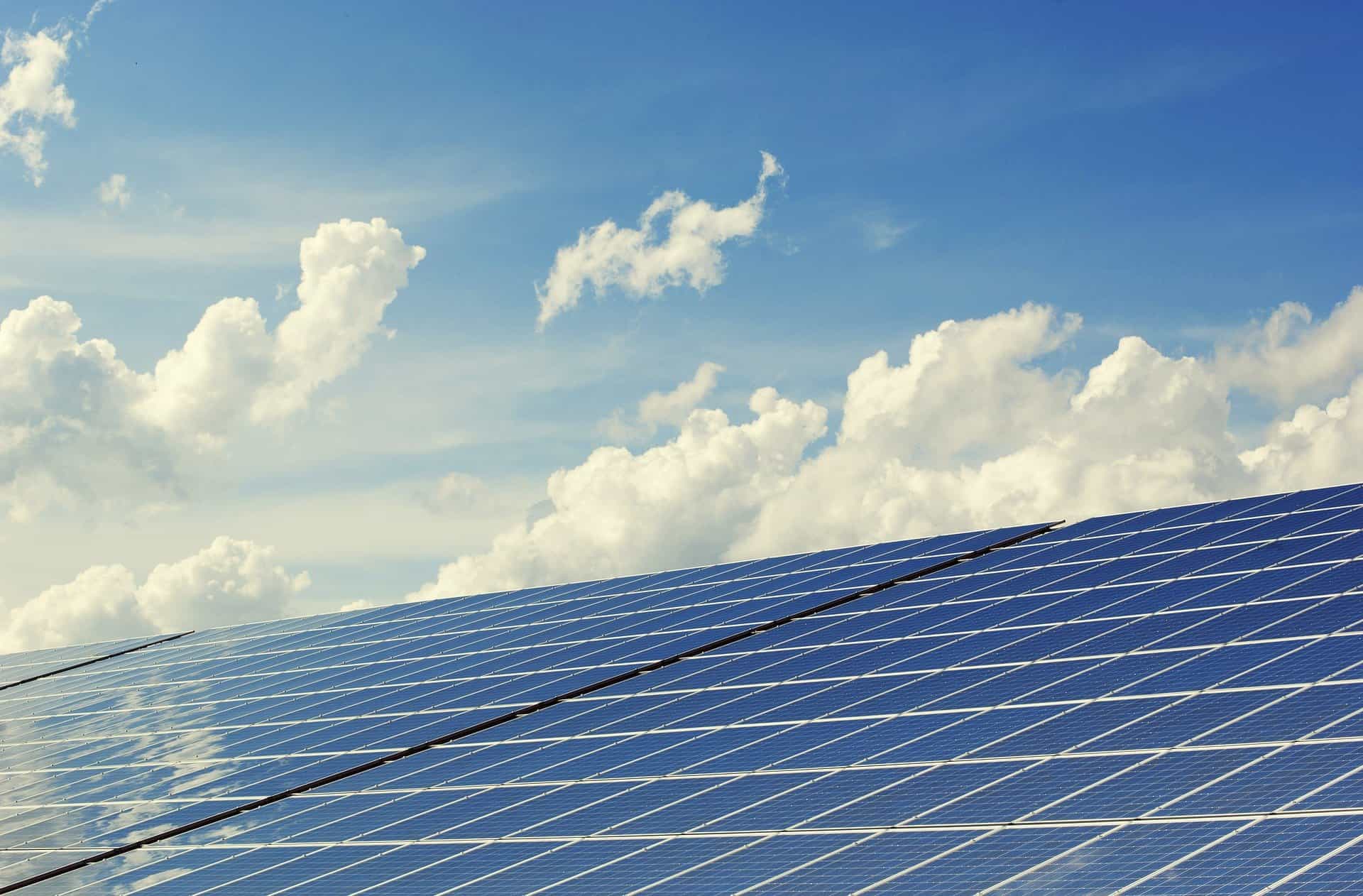Saudi Arabia is developing a sustainable renewable energy sector to support its economic growth, which is expected to help the country diversify its economy and increase public and private investment opportunities to more than $30 billion by 2025.
This sector requires industrial integration to facilitate its expansion by attracting investments and encouraging public-private partnerships.
In this context, Saudi Arabia inaugurated the Middle East and North Africa’s largest solar panel plant in November, with the first phase of production beginning in Tabuk, an industrial city near significant projects such as the NEOM city the Red Sea and AMAALA.

In an exclusive interview with TRENDS, Fahad Bin Omairah, CEO of Bin Omairah Holding Company, a noted Saudi multi-utility infrastructure solution developing Saudi Arabia’s largest solar panel plant named Masdar, said the project’s goal is to localize renewable energy industries in the country with the latest technologies and production lines to activate investment in solar energy, as well as enabling integration with relevant government agencies.
“The emergence of new Giga cities along Saudi Arabia’s northwestern coast, and the global challenges facing the natural world, have led us to Masdar Solar,” he said.
Masdar is one of the Saudi Arabia’s most advanced factories in the field of automation, with production methods that rely on machines and apply cutting-edge worldwide technologies.
“It is a state-of-the-art PV solar-panel factory with a total capacity of 1.2 GW and a SAR700 billion ($187 billion) investment,” explained Omairah.
This plant intends to boost solar energy investment and diversify energy sources and facilitate collaboration with key government agencies and the private sector — represented by industrial investors — to support renewable and sustainable energy businesses across the kingdom.
“Our strategy is to be a GLOCAL company,” said Bin Omairah, using the portmanteau for “global” and “local.”
He added: “Masdar Solar aspires to become one of the most important manufacturers in the MENA region. We intend to compete with international firms by developing global technology locally to localize our own, with a strong focus on R&D in collaboration with a world-leading lab in advanced PV solar technologies expertise, and training, as well as a world-leading module equipment manufacturer.”
Great potential
Saudi Arabia has some of the biggest opportunities for solar energy facilities, with a good climate and large areas of flat ground that are ideal for solar-panel production.
The Saudi government intends to attract $30-50 billion in new investments into renewables by 2030, as it plans to tender around 9.5GW of solar and wind capacities by 2023.
Additionally, it intends to create 27.3 GW of renewable energy capacity by 2024 and 60 GW by 2030, including 40 GW of solar energy and 20 GW of wind and other renewable energy sources.
More broadly, the government has embarked on a series of initiatives that aim to achieve net-zero emissions by 2060.
This transition is being made to promote sustainable energy and position the kingdom as a world leader in solar technology, introducing a new generation of Saudi companies in the industry and eventually exporting solar panels and solar electricity.
Affordable prices
Solar energy technologies have become so affordable that the levelized cost of energy (LCOE) is now comparable with natural gas and significantly less expensive than unsubsidized petroleum, accounting for more than 40 percent of the kingdom’s electricity production.
Saudi Arabia could produce well over half of its electricity from renewable sources, with the majority coming from solar power.
Solar Panel Systems are now priced between $1 and $1.5 per watt, according to bin Omairah, who predicts that demand for this PV technology would increase in 2022.
“I believe that solar energy will become the dominant energy source shortly, as solar energy is free. Our task is to convert it to electrical energy, which is very competitive with other conventional energies today and fully eco- and climate neutral.”
He also believes that focusing on adopting this technology would undoubtedly result in increased employment opportunities, an improvement in citizens’ quality of life, and the development of a competitive renewable energy sector.








